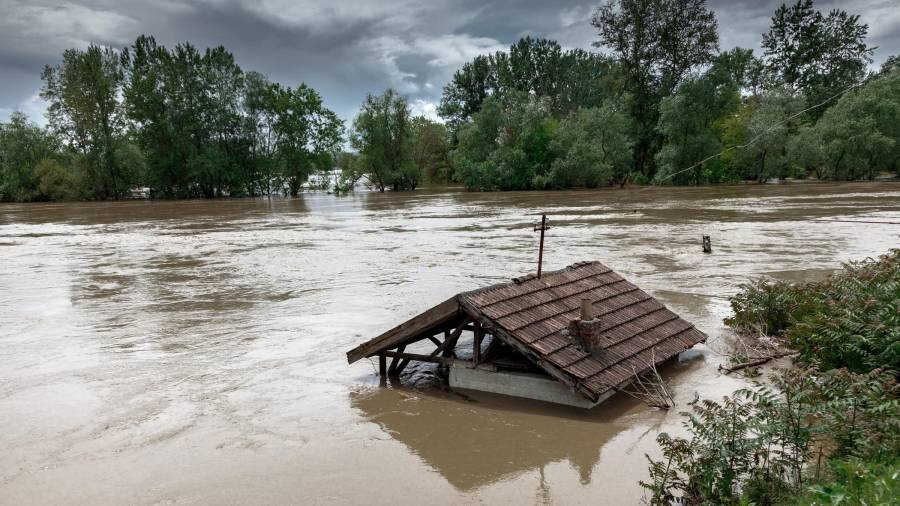
Rio de Janeiro – Martinelli Santana, 50, has lost count of how many times she's felt unwell due to the heat while at work. Her daily routine involves preparing takeaway meals in a trailer kitchen in the Nova Holanda favela, located in the Maré Complex of Rio de Janeiro.
Experts have confirmed Santana's experience: Nova Holanda is among the favelas most affected by urban heat islands in the Maré neighborhood. Working near an oven during the hottest hours of the day, inside an iron structure, is no easy feat, she says. But she can't afford to stop.
The sale of these meals is the primary source of income for her household, where she lives with her 13-year-old son and her husband, who has a spinal condition.
In addition to the health problems caused by the heat, heavy rains are also a major concern in Maré, according to a study that analyzed the climate-related risks and vulnerabilities of the favela complex, home to 140,000 people.
A project by WayCarbon, a company specializing in low-carbon transition solutions, in partnership with the NGO Redes da Maré, was launched in late 2023 to provide early warnings for the region. While rain can bring relief from the heat, it also leads to flooding, a situation that is expected to worsen with climate change.
[Copyright (c) Global Economic Times. All Rights Reserved.]






























